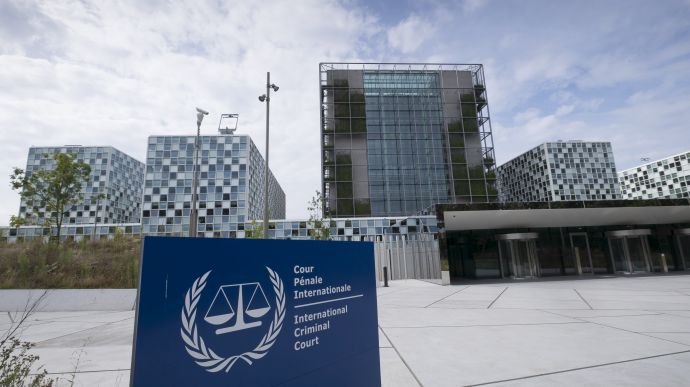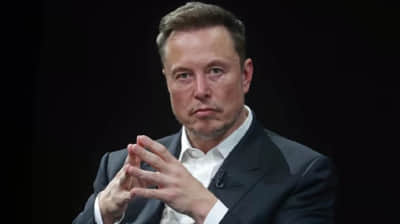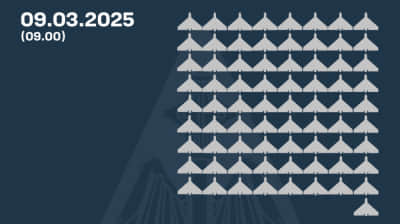International Criminal Court to start two war crimes proceedings against Russia

The International Criminal Court (ICC) has an intention to open two war crime criminal cases connected with the Russian invasion of Ukraine: one about the kidnapping of the Ukrainian children and the other about purposeful Russian attacks on civilian infrastructure facilities in Ukraine.
Source: The New York Times
Details: The ICC will strive to issue arrest warrants for several persons, as reported by former and incumbent officials who are aware about this decision but have no right to speak publicly. However, the arrest warrants for the suspects are not expected to be issued in both cases in the near future.
These cases are the first international accusations made since the beginning of the conflict after months of work of special working groups.
The cases state that Russia has been kidnapping the Ukrainian children and teenagers and sending them to Russian camps for "re-education", and that the Kremlin purposefully targeted the Ukrainian civilian infrastructure facilities.
Karim Khan, Prosecutor of the ICC, must at first present his accusations in front of the pre-trial collegium of judges who will decide if legal norms for obtaining arrest warrants were observed, or the investigators still need more evidence.
It is unclear who the court is planning to accuse in each concrete case. When asked to approve the request for issuing arrest warrants, the Prosecutor's Office replied: "We do not discuss the details, connected with the ongoing investigations, publicly."
Some external diplomats and experts stated that there is a possibility that Russian President Vladimir Putin may be accused since the court does not recognise the immunity of the head of state in the cases related to war crimes, crimes against humanity or genocide.
But the probability of the trial being held remains low since the court cannot consider cases in absentia, and Russia is unlikely to extradite its officials.
The Kremlin denies the war crime accusations but international and Ukrainian investigators have collected strong evidence of a number of atrocities committed from the very first days of the Russian invasion.
The first case concerns the kidnapping of children of various age, from babies to teenagers. The New York Times and researchers discovered that within the framework of the program, sponsored by the Kremlin, these children were deported from Ukraine and settled in places where they became Russian citizens, or sent to summer camps for "re-education". Some of them were from orphanages or boarding schools.
The report published in February by the Yale University and the Conflict Observatory program of the US State Department stated that at least 6,000 Ukrainian children are being held in 43 camps in Russia. Ukraine reported that as of the beginning of March, this number could have surpassed 16,000.
As for the second case, it is expected that the Prosecutor General of the ICC will consider continuous Russian attacks on civilian infrastructure of Ukraine, including water supply, gas and power plants located far from the combat areas and are not considered "legitimate military targets".
The US government has proof, which sheds light on the Kremlin's decision to purposefully attack vital civilian infrastructure facilities but President Joe Biden has not yet decided if he would approve the publication of these materials. The US Defence Ministry blocks the transfer of intelligence data out of fear of creating a precedent, which can open the way for the persecution of Americans.
In the past, it took the ICC judges months to consider the accusations before issuing the arrest warrants or court subpoenas but the situation in Ukraine made the court act quickly.
Over 40 countries that act as sides in court have turned to it with a request to intervene. Ukraine is not a formal ICC member but it provided the court with jurisdiction in its territory.
Meanwhile the group of governments and international organisations act in favour of creating a separate international trial with authority to persecute Russia for the crime of aggression, which the ICC has no jurisdiction over.
Journalists fight on their own frontline. Support Ukrainska Pravda or become our patron!






